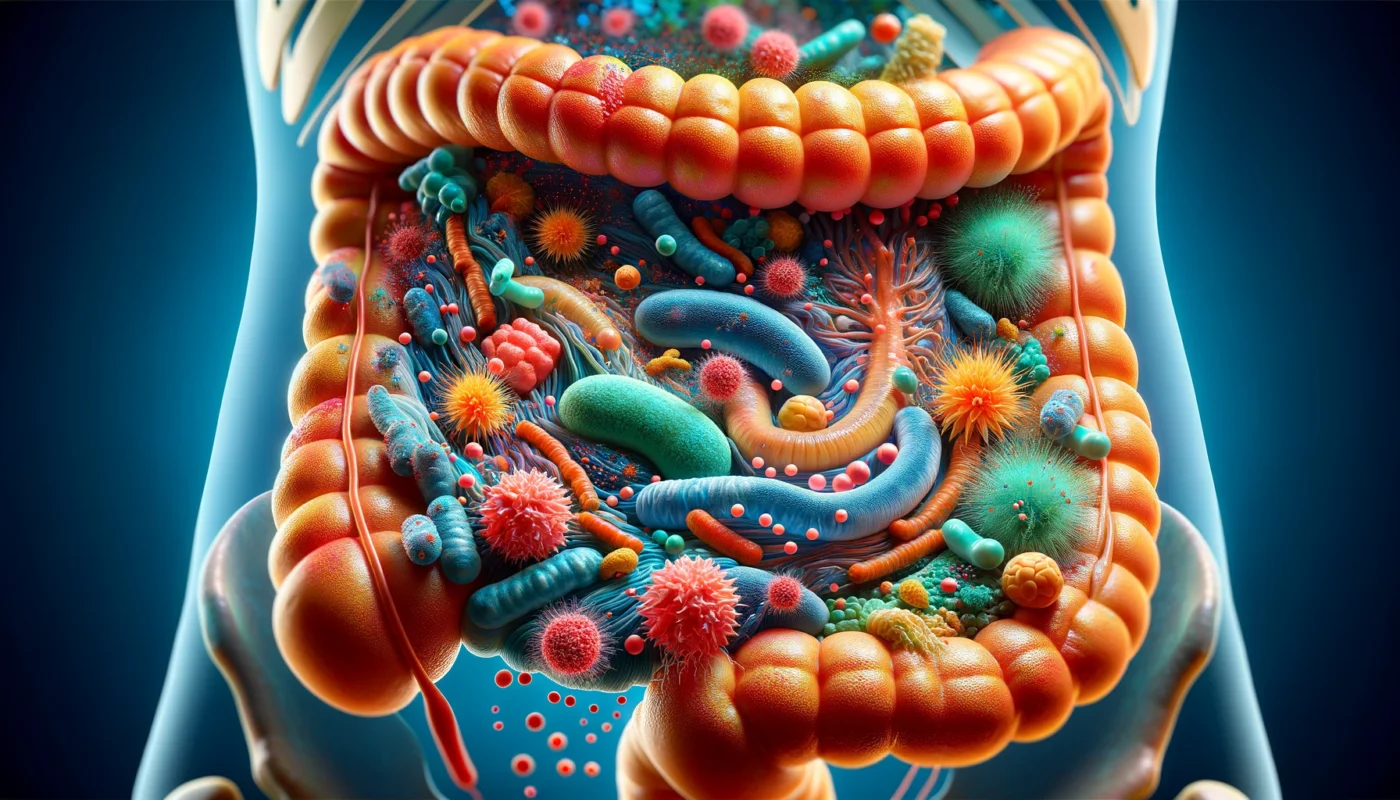Natural NSAIDs are compounds found in nature that exhibit anti-inflammatory properties similar to conventional NSAIDs like ibuprofen and meloxicam. These natural alternatives can be derived from plants, herbs, and other natural sources. The search for natural NSAIDs has intensified as people seek to harness the power of nature in managing pain and inflammation. Various cultures have used natural remedies for centuries, and modern science is beginning to validate these traditional practices.
Tag Archives: Wellness
Painkillers are a common, often necessary component in the management of pain, whether it stems from a minor headache or a chronic condition. However, understanding how these medications work, their effects, and their duration is crucial for making informed decisions about their use. In this article, we delve into the complexity of painkillers, examining whether they might be detrimental, how long one can safely use them, and their role in managing chronic pain.
In the realm of health and wellness, understanding tissue healing times is crucial for anyone looking to optimize their recovery and well-being. However, myths and misconceptions often cloud this topic, leading to misunderstandings about how the healing process truly works.
For fitness enthusiasts and health-conscious individuals, debunking these myths can provide valuable insights into efficient recovery strategies. This article delves into prevalent myths about tissue healing times, supported by scientific insights and practical advice, to empower you in your wellness journey.
Surgical incisions are cuts made by a surgeon during an operation to access the area of the body that requires treatment. The healing of these incisions is a complex process influenced by a variety of factors, including the type of surgery performed, the patient’s overall health, and post-operative care practices.
In the realm of health and wellness, the body’s ability to heal is a captivating subject. It’s a fascinating intersection of biology, medicine, and personal lifestyle that raises intriguing questions: Why do some people seem to recover from injuries faster than others? Is it all down to genetics, or do lifestyle choices play a significant role? In this article, we’ll delve into the complex world of wound healing, exploring the genetic and lifestyle factors that influence the healing process.
Caring for dissolvable stitches, also known as absorbable sutures, is an essential component of post-surgical recovery. Whether you’ve undergone a simple procedure or a complex surgery, understanding how to properly care for these stitches can significantly impact your healing process. Dissolvable stitches are designed to be absorbed by your body over time, thus eliminating the […]
Understanding the healing rates of different body parts can be crucial for fitness enthusiasts, health enthusiasts, and medical patients alike. Whether you’re recovering from an injury, managing a health condition, or simply curious about the human body’s capabilities, knowing which parts heal the fastest can guide your approach to recovery and wellness. This exploration delves into the scientific nuances and offers practical advice on optimizing healing.
Skin irritation manifests in various forms, including redness, itching, swelling, and discomfort. It can result from a wide range of causes, such as environmental pollutants, allergens, or physical abrasions. Understanding the underlying cause of irritation is crucial for selecting the most appropriate treatment method.
The gut is often referred to as the body’s “second brain,” and for a good reason. It is home to trillions of microorganisms, collectively known as the gut microbiome, which play a crucial role in maintaining immune homeostasis. When the gut microbiome is balanced, it functions as a protective barrier against pathogens and supports the immune system’s regulatory functions.
The Paleo Diet, also known as the Paleolithic or “caveman” diet, is based on the notion of eating as our ancestors did during the Paleolithic era. The diet primarily includes lean meats, fish, fruits, vegetables, nuts, and seeds, while excluding processed foods, grains, legumes, and dairy. The emphasis is on consuming foods that are as close to their natural state as possible.










